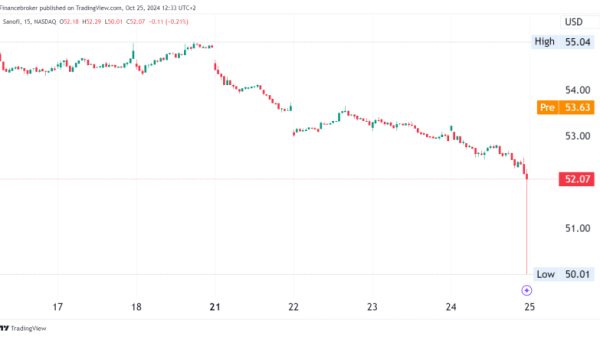(Reuters) – The New York Times has sent generative AI startup Perplexity a “cease and desist” notice demanding the company stop using its content, the Wall Street Journal reported on Tuesday.
The letter from the news publisher said the way Perplexity was using its content, including to create summaries and other types of output, violates its rights under copyright law, the report said.
Since the introduction of ChatGPT, publishers have been raising the alarm on chatbots which can comb the internet to find information and creating paragraph summaries for the user.
Perplexity and the New York Times did not immediately respond to Reuters’ requests for comment.
NYT is also tussling with OpenAI, which it had sued late last year, accusing the firm of using millions of its newspaper articles without permission to train its AI chatbot.
Other media firms such as The Atlantic and Vox Media have signed content licensing deals with OpenAI which give the ChatGPT-maker access to their content.
In the letter to Perplexity, NYT asked the company to provide information on how it is accessing the publisher’s website despite its prevention efforts, according to the WSJ report.
Perplexity had previously assured the publisher it would stop using “crawling” technology, the report said citing the letter.
Earlier this year, Reuters reported multiple AI companies were bypassing a web standard used by publishers to block the scraping of their data used in generative AI systems.
Perplexity faced accusations from media organizations such as Forbes and Wired for plagiarizing their content, but has since launched a revenue-sharing program to address some concerns put forward by publishers.




































